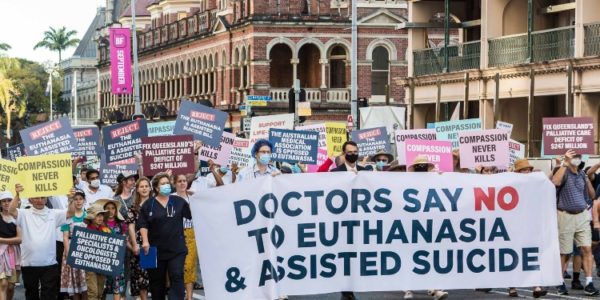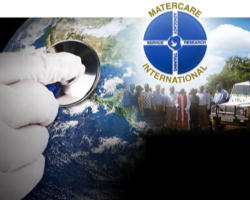BROKEN Bay Bishop Anthony Randazzo lamented a “profoundly sad and disappointing day” yesterday as New South Wales’ Voluntary Assisted Dying Act came into effect.
“Assisted suicide is a completely unacceptable solution to the problem of suffering,” he said.
“A genuinely human society, and I am sure that’s what we all want, is not how we decide to eliminate those who suffer, but how we care for them.”
On Facebook, Sydney Archbishop Anthony Fisher said the law allowing euthanasia and assisted suicide created a new class of people – “those whose lives are considered too great a burden on themselves and society to carry”.
“These laws also force religiously-run aged care facilities, even those operated by nuns who have dedicated their lives to the care of the sick and dying, to host euthanasia on their premises,” he said.
“We not only mourn the loss of life that this law will facilitate, but we renew our commitment to advocating for laws and policies that uphold the equal dignity of every human person, and doing our best to providing everyone – but particularly particularly the old, infirm and dying – true compassion and care at the end of their lives.”
The laws came into effect as the Australian Catholic Bishops Conference released a new document, To Witness and to Accompany with Christian Hope.
Bishops Commission for Life, Family and Public Engagement chair Melbourne Archbishop Peter Comensoli said the Church has been confronted with the difficult question of how to attend to the spiritual and pastoral needs of Catholics contemplating euthanasia.
The focus of the priest or pastoral worker is on providing patients with God’s grace and mercy.
“To Witness and to Accompany with Christian Hope is particularly timely given the many inquiries bishops have received from chaplains for guidance and the fact that euthanasia is available throughout the country,” Archbishop Comensoli said.R
“It is vital that chaplains and pastoral workers have the information to confidently respond to the realities that are facing them as they minister to Catholics in hospitals, in aged care and in their own homes.”
The document pointed out that “Catholic teaching on euthanasia flows from our understanding of the human person”.
“Euthanasia contradicts the goodness and dignity of each human person, created in the image of God – a unique, irreplaceable individual,” it said.
“Accompanying someone who is expressing a desire for euthanasia is an act of charity that should be offered in a way that does not require the pastoral companion to suspend their firm commitment to the Church’s clear teaching that euthanasia is never morally permissible.”
You can read To Witness and to Accompany with Christian Hope here.









